This past summer in Beijing, my coworker initiated a zero waste campaign for the office. Under the campaign, we pledged to live zero waste (or, at least, to consciously minimize our waste to the most practical degree) for as long as we wanted to or could. Zero waste is an ideology that strives to avoid any waste generation that would lead to dumping, landfill or incineration by promoting waste reduction, reuse, recycling and composting. My coworker was committing to zero waste for a year, a task daunting even to waste reduction believers like myself. I signed up for one week.
Over the course of the week, I collected the disposable trash that I created in a bag. The idea was that a visible volume of waste that we claimed responsibility for would drive us to minimize our waste. This motivation worked. Many interns and I began to bring our own bowls and chopsticks to the convenience store, Lawson’s, to get lunch, instead of using the store’s eagerly distributed plastic containers and disposable chopsticks. We consciously avoided disposable items—or at least delayed them. It took some guilty but practical planning to refrain from counting the large packaging waste from the air filter I had just bought, because I timed my zero waste week to officially start after the purchase, and to withhold from buying pre-packaged items until after the week ended.
In the meantime, we tested our creativity and resolution as we wrapped food stall pancakes with handkerchiefs and obstinately said “no” to waiters intent on delivering wrapped utensils and paper napkins. (For suggestions on living zero waste, see blogs such as Trash is for Tossers, Zero Waste Home, Zero Waste Millennial and No Impact Man.) At the end of the week, my bag of disposable waste consisted mostly of tissues and plastic wrappers. I conveniently chose not to include food scraps, which I allotted to our office vermiculture composting bin; nor did I include recyclables, which I trusted the office recycling collection system to sell to recycling companies. Had neither of these systems been in place, my task of waste reduction would assuredly have been more difficult.
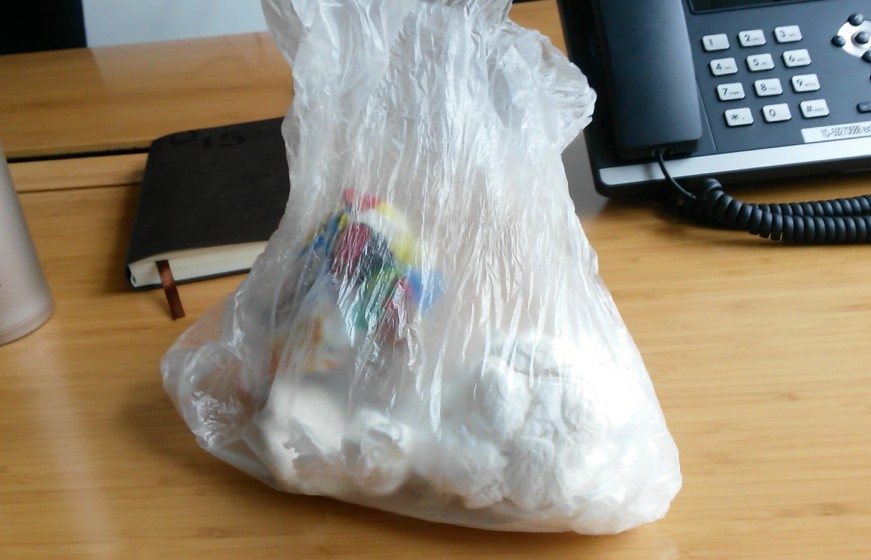
The greatest difficulty of our zero waste experience was in our ability to assert the creed of zero waste over the reality of living in an industrial, manufactured world. We watched videos demonstrating how to create toothpaste from baking soda and recalled NGOs organizing citizens to craft soaps from recycled oil. But while quirky and quaint, these DIY activities were neither appealing nor sustainable in the long term. Can we truly reject the convenience and effectiveness of industrial products for homemade ones, especially without undesirable costs of time and energy?
Some zero waste practitioners do commit themselves to self-manufacturing and almost absolute waste avoidance, even at disproportionate costs to efficiency. This is akin to interpreting zero waste in a puritanical sense. But instead of a strict adherence to purging waste altogether, zero waste could be seen as a goal to actively renounce waste whenever possible. Efforts conducted in a zero waste spirit can substantially reduce waste, even if they cannot eliminate waste altogether. Simple actions such as reusing grocery bags, buying in bulk, limiting cleaning products and bringing a reusable bowl to Lawson’s are neither time-consuming nor difficult. They just require a basic awareness of resource consumption, which should prod the brain to spend a few extra seconds contemplating a more sustainable alternative.
Thus, while impractical if taken at face value, the zero waste movement is unequivocally important. Like most movements, beyond behavioral change, a main objective of zero waste is to build awareness. The concept of zero waste reinforces the notion that waste must be reduced by consciously changing consumption and resource use patterns, and not just diverted into various streams of processing, be they recycling or disposal. Whether one decides to commit to zero waste or “a little bit of waste” or “as little waste as possible,” the zero waste ideology will have effectively succeeded in its aim.

Zero waste as a platform for less waste—and less consumption
As citizens, waste reduction and reuse are the only areas over which we exercise direct control. Once our waste hits the curb or trash can, it is out of our hands. Even in developed countries, we cannot guarantee that our waste is actually recycled in a safe and environmentally friendly manner. Millions of tons of recyclables (frequently mixed with nonrecyclable or hazardous waste) are shipped to China and other developing countries every year, where the voracious appetite exists to recycle and remanufacture them into new products. The conditions under which these waste materials are disassembled, sorted, cleaned, recycled, burnt and disposed are often atrocious, with severe and widespread damage to human health and the surrounding environment. The alternative to recycling is worse. In China, incineration plants and landfills often lack enforcement or formal management. Landfills suffer from overcapacity and insufficient treatment, and incineration plants trudge through the coal-powered burning of large proportions of wet organic matter. The result is a toxic waste system staggering from glut.
Zero waste, as a philosophy and set of life practices, empowers people to exert less strain on this overtaxed system. It encourages people to act within their scope of control and responsibility. By focusing on areas of waste management in which they have direct control and can see tangible impact, people place higher value on waste reduction and reuse. This represents a fundamental shift from the American environmental movement’s widespread obsession with recycling alone.
Critically, attentiveness to the reduction of waste may progress into much needed awareness on limiting consumption. Consumption and waste are, by default, two sides of the same coin. What may seem an obvious solution to the waste problem—consume less—is constantly averted in favor of ways to hide, contain, export, burn and convert waste. But waste and its byproducts don’t just disappear. Recycling waste, no matter in what form, always costs more to the environment and to people than if the waste were not generated in the first place. Similarly, consuming products, no matter how “green” the design, always damages the environment more than if they were not produced for consumption to begin with. This is especially true if our consumption is seen holistically as an intensive process creating huge amounts of waste at each stage in its life cycle, from extraction to manufacturing to distribution to disposal.
Taken more broadly, the concept of zero waste should by no means be limited to its current framing as mostly a municipal solid waste issue. Waste is the residual product of the severely extractive and destructive industry of consumption on resources and life on this planet. Whether waste manifests as municipal solid waste, energy inefficiency, urban sprawl, cancers and extinctions, greenhouse gas emissions, diminishing soil fertility or decay of natural habitat, it is but a product of the unrelenting demands of possession, expansion and consumption that humans make on their environment. I suspect that this aspect of consumption may be overlooked even within the zero waste movement. With so much emphasis on finding less wasteful alternatives and indeed on the tangible end product of waste itself, zero waste enthusiasts may neglect the consumption that begets waste in the first place. The natural and logical extension of zero waste ideology is a critical reevaluation of the necessity and desirability of the consumption rampant in our lives.
Culture and values control the creation of waste
I spent many years of my childhood and young adulthood in Beijing. Living with my grandparents, I learned that nothing should be wasted. We reused old socks as cleaning rags, refashioned corn husks as oil absorbents for dirty plates, and refilled jars with jams or spices unrelated to what was advertised on their labels. Occasionally, peddlers would stop in the courtyard and we would bring them some newspaper or cardboard, which they would carefully weigh and collect, giving us a few yuan in exchange for the bundle. This was the face of recycling in China.
This form of household reuse and informal recycling constituted an important pillar of waste management in urban China. Since then, cities have exploded in size, and people’s pockets have grown heavier. So, too, have the piles of waste weighing on city infrastructure. Unsurprisingly, people are not only buying and throwing away more, they are also growing increasingly reliant on disposable goods. What is more troublesome than growing rates of unrecyclable and unrecycled trash is the tendency for people to no longer regard throwing out reusable things as wasteful. It is this change in attitude that has, more than anything, created the slew of waste in which we currently live. My grandfather balks at the plates of food left to waste on restaurant and cafeteria tables. Most don’t bat an eye. I remember a campaign that I started on Peking University’s campus two years ago, where people pledged to commit to one environmentally friendly practice. There was a board with suggestions, including many surrounding resource efficiency and waste reduction. It was remarkable that many people, after glancing it over, concluded that they already do most of the practices in their everyday lives. Their comments reflect that though the average Chinese level of waste is nowhere close to American standards, the baseline for what is considered wasteful is rapidly changing. With plastered slogans and advertisements calling loudly for citizens to conserve more and waste less, one wonders if people truly know how to take those actions anymore.
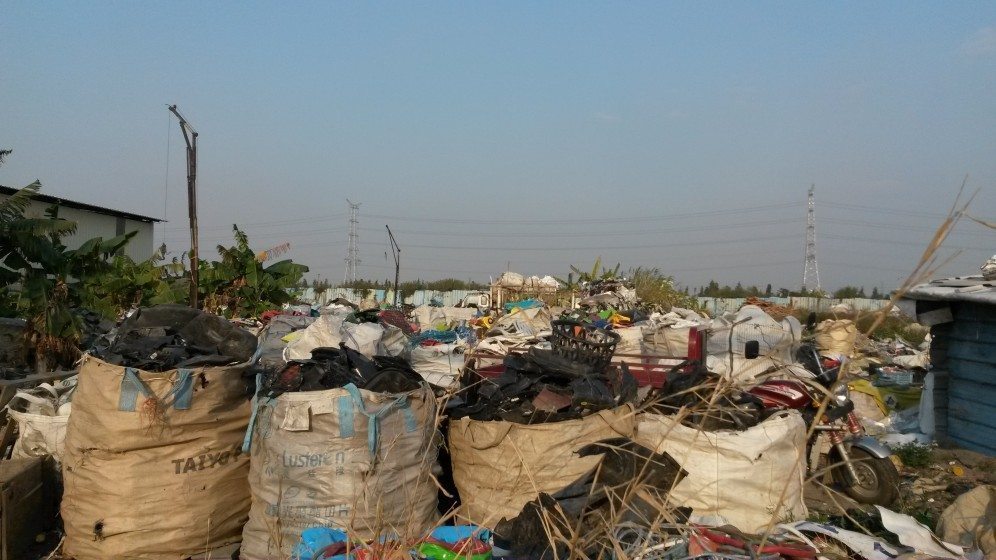
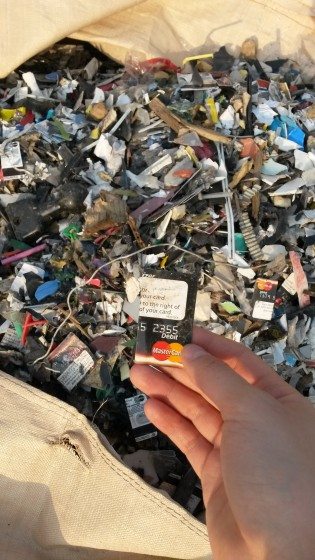
Waste institutions depend on people
Many would call for government to take a greater role in establishing a system for waste reduction, reuse, composting and recycling. This is no doubt essential. Cities such as San Francisco, the city closest to achieving zero waste, and Capannori and Contarina, two Italian cities making remarkable progress towards zero waste, treat waste management as a system that takes into account the whole of the product life cycle. However, for governmental efforts to succeed, it is critical that citizens accept responsibility for their waste and act upon this responsibility. They can choose to reduce wasteful consumption, or to at least try to recycle and properly dispose of waste. Waste institutions founder without citizen engagement and support. The success of zero waste thus hinges on civic advocacy and education about waste. It is a task that most developing country governments are hard-pressed to accomplish. From international organizations such as the Zero Waste International Alliance to local NGOs carrying out initiatives on community recycling, the nongovernmental sector has been struggling to fill the leadership void in reversing the tide of unsustainable consumption and waste disposal. Central to this struggle is redefining our notion of what is waste. What can be reused or recycled, and what is needed in the first place, stems from our very perception of objects and resources. Zero waste proves its value in forcing us to reevaluate the materialism in our lives—and in challenging us to do without.
Briana Liu
Beijing




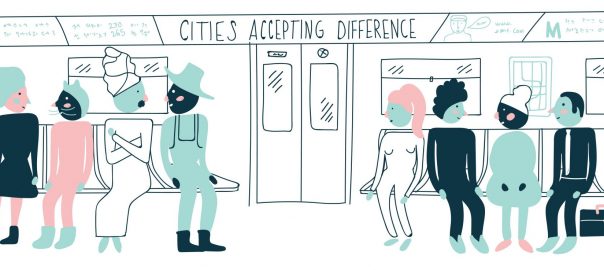
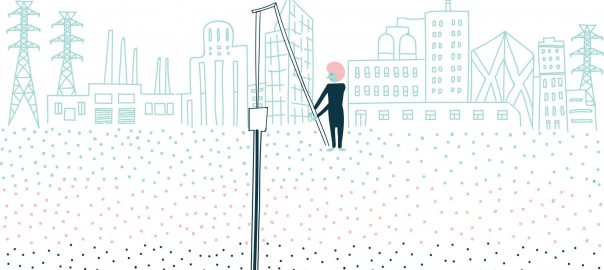
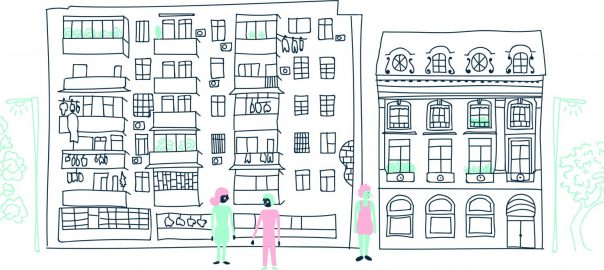
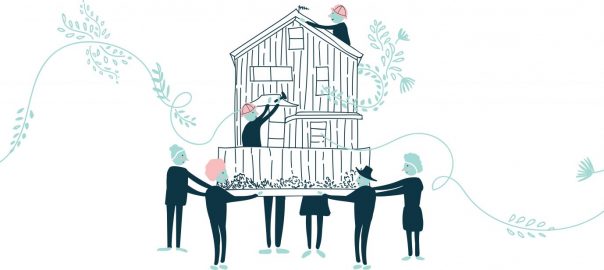




This was a great read, especially right after the holidays – the most wasteful time of the year for me, personally. Congratulations, Briana, on a successful zero-waste week, and also on all your advocacy and effort to spread awareness on the matter.
I have to say I agree on the “puritanical” effect many see in the zero-waste movement, and the comment before me says it best. Even though responsible waste management feels like a necessity to be engraved deep in our culture, it really needs to start from the top and not the bottom. Meaning, what Brie said – from the producers and not the consumers. Unfortunately, from my experience in the waste industry (and as a citizen altogether), it’s nearly impossible to force mass producers to consider changing their approach, as long as they’re making a profit. On that note, if people would refuse to consume, they’d force the producers’ hand.
And that’s exactly what I think the movement is about, showing that you don’t mind reducing your consumption for a cause, even if it means giving up your comfort.
Thanks Pavel! The Shenzhen tragedy is a powerful example of how our lives are literally surrounded and endangered by uncontrolled waste buildup. This case is by no means limited to Shenzhen or China–even in the US there were huge, untreated waste piles accumulating over the course of 2014 as China refused the US’ dirty, unsorted trash from its borders. The breakdown of waste management and control poses a grave threat to human health and the environment that spreads across borders and continents (think drifting air pollution caused by incineration plants!).
Though they called the zero-waste campaign an “experiment,” I’ve pretty much been living with the essence of it throughout my life. I eat everything on my plate and I collect and reuse faucet and shower water. I still use plastic and disposable materials, but I try to limit them whenever possible. I’ve also realized that I have all the things I really need and want, so I’ve refrained from what I deem to be unnecessary consumption (no more clothes haha!). The zero-waste week did lead to me see that I could do more, though–I can actively remove waste from my life by relying less on circumstance (i.e. bringing my own toiletries to hotels instead of using their disposable ones), and also actively engage and influence others to do the same.
Very insightful article!
Your words “landfills often lack enforcement or formal management […] suffer from overcapacity and insufficient treatment” basically foreshadowed the tragedy that happened in Shenzhen this past weekend, when a huge man-made pile of waste razed down buildings and buried entire families…
(mobile.nytimes.com/2015/12/24/business/international/shenzhen-landslide-casts-shadow-over-chinas-success-story.html)
I think that the strategy you are proposing — something we should all try to implement to minimize our individual adverse environmental impact — might also help prevent future disasters like this from taking place, if local governments worldwide take them seriously.
I really like your powerful connection to materialism and a call for reevaluating it in our lives. Also, was your experiment meant to be a one-time thing, or are you planning to repeat this feat at some point?
Hi Brie,
Thanks! When writing this post, I thought about including those very issues you mentioned, which are indeed critical to a substantial reduction in waste generation. Individual efforts should absolutely be complemented with waste reduction policy and regulation on both production and disposal. There is a danger in circumscribing waste reduction to the realm of individual choice alone, without focusing on the need for government and industry to create a system in which waste reduction can effectively take place. However, I chose to focus on consumption because of the inherent individual focus, at least initially, of a zero-waste campaign conducted in the grassroots manner that I outlined above. As individuals, what can we do to reduce waste in our own lives? The answer cannot sidestep consumption. Any serious attempt to address the root of the issue must involve a consciousness of resource use. Otherwise, we can substitute plastic bags with reusable ones, engineer more durable devices and create “eco-friendly” clothing, but what is the point if people still consume more bags and devices and clothes than they will ever need or use to the full extent of their value? The difficulty, as you point out, is in conveying this point to people who have limited awareness of and responsibility for their resource use. What are strategies for doing so? This is something that warrants more discussion and experimentation.
Briana
Thanks for this great post!
Consumption is a critical component of waste, but it’s also incredibly personal and sensitive. People identify themselves by what they consume, and asking them to consume less, or at least consume more consciously can be taken as a personal affront. I’ve seen this first-hand when I’ve done waste reduction workshops. People are eager to sort recyclables, but balk at the idea of giving up disposable coffee cups or utensils.
I agree that it’s essential to help individuals understand that their consumption has an impact, but I think it’s equally important to focus some energy on producers. Excessive packaging, needless disposables, and planned obsolescence are issues that individual action alone cannot solve. Producers must be held to higher standards, and it is government that must set these standards and enforce them.